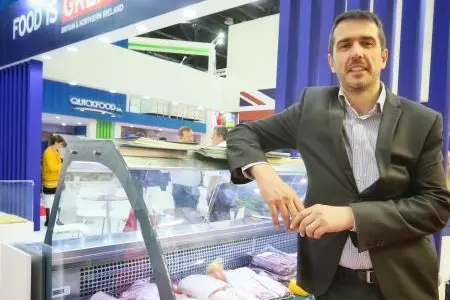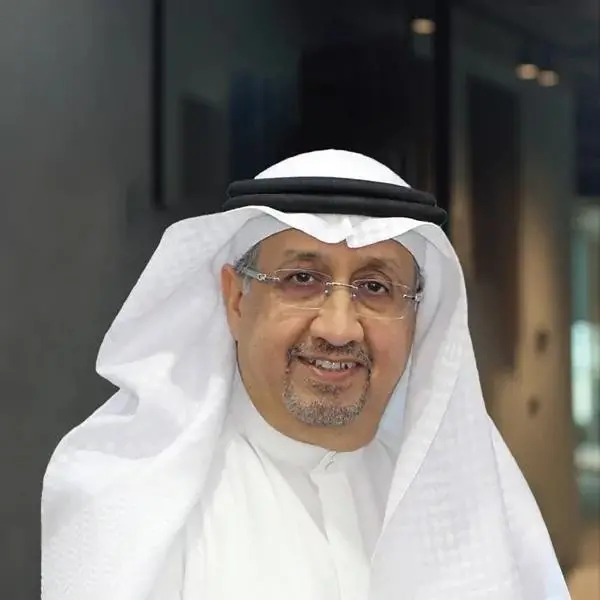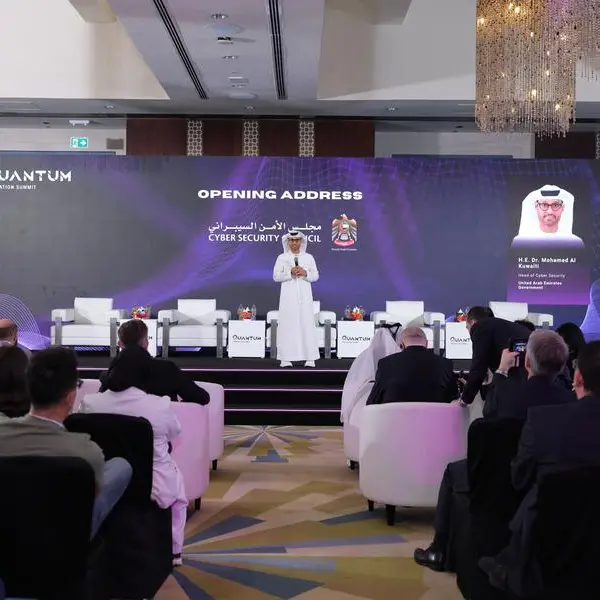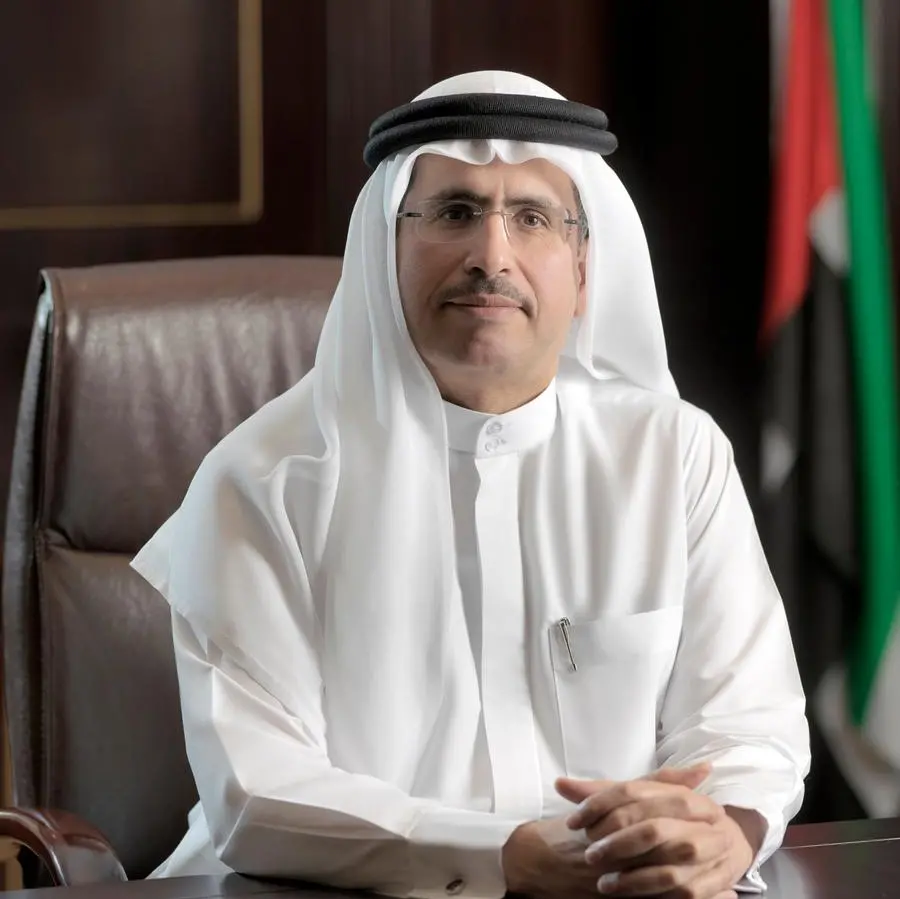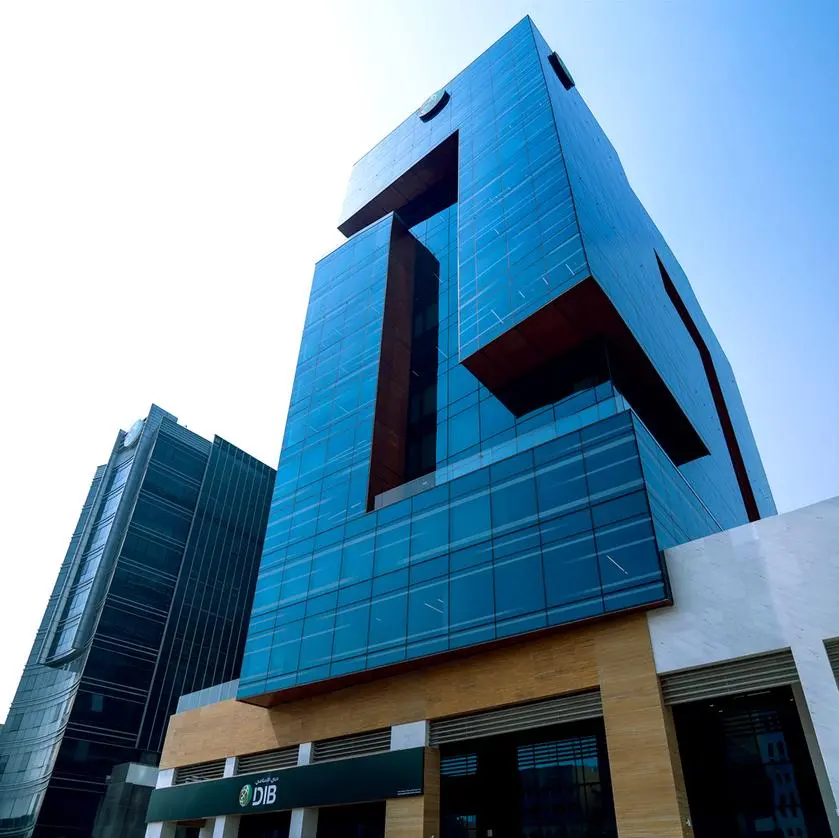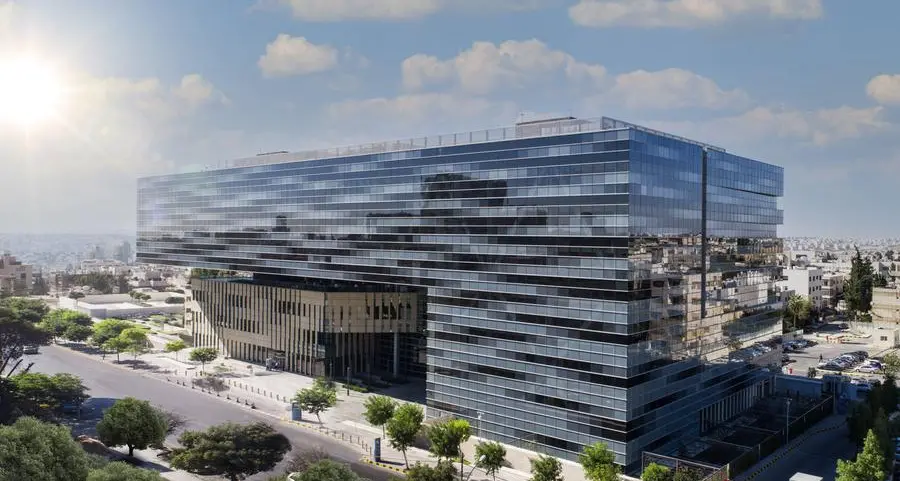PHOTO
BRITISH FOOD PRODUCERS EYE INCREASED TRADE WITH MIDDLE EAST AND AFRICA TO “OFFSET” BREXIT
Meat and dairy firms eager to offset potential tariff hikes on exports to Europe by growing trade in emerging markets
Dubai, UAE – Tuesday 19th February, 2019: As the UK and European Union governments navigate the complex impasse over Brexit, a raft of British food and beverage producers from multiple sectors are leveraging this week’s Gulfood mega fair at Dubai World Trade Centre (DWTC) to offset potential business losses in the event of a ‘no-deal exit from Europe.
With more than 79 British companies at this week’s Gulfood, the industry-wide British collective comprises the top-end of large-scale meat and dairy producers, right down to a plant-based meat alternative start-up. The collective’s universal objective is to explore new deals in the Middle East, Africa and Asia to counter, at least partially, any potential revenue falls should a no-deal Brexit trigger tariff hikes on their exports to mainland Europe.
If the UK exits the European Union with a no-deal Brexit on March 29, it will automatically fall back on World Trade Organisation (WTO) rules. Consequently, British food producers that continue exporting their products to EU member countries after Brexit will face tariff hikes. According to recent reports and Gulfood exhibitors, British meat and dairy exporters eyeing continued exports to Europe face potential tariff increases northwards of 35 per cent.
Amid uncertainty surrounding the specifics of tariff hikes for commodity and specialty food products, Gulfood provides reasons for optimism. The world’s largest annual food and beverage trade show, which runs until Thursday 21 February, is expected to attract more than 98,000 industry professionals for its 24th outing – and the multi-region business potential is massive.
“We are throwing the net out as widely as possible,” said Henry Openshaw, Export Director, Grandma Singletons – a fifth generation, family-run cheesemaker based in the North West of England. “If we lose our European business overnight, we will need to find a lot of new customers very quickly and that’s where Gulfood comes in,” he added.
“As a small, family-run business, we can’t be flying all around the world because it’s simply not economical. Gulfood is a great show for attracting a wide spectrum of people and we’ve had really positive conversations with buyers from Ukraine, Pakistan and across the Middle East.”
As the UK’s end-of-March exit from the EU draws nearer, Openshaw revealed Grandma Singletons is one of hundreds of British companies exploring options beyond the European bloc at Gulfood.
“It’s impossible to give an intelligent view on post-Brexit because no-one knows what is coming down the road. It’s still unclear what impact we are looking at because no-one has written down any regulations yet and without visibility on tariffs it’s impossible to understand the sales implications.”
With Britain long-established as the world’s third largest producer and exporter of sheep meat, Dr. Phil Hadley, International Market Development Director at the Agriculture & Horticulture Development Board (AHDB), a levy organisation funded by farmers, growers and other entities across the supply chain, is optimistic Gulfood can ease the strain of Brexit.
“There is a huge opportunity in the regional market and Gulfood is the platform to embrace that opportunity,” said Hadley, as the AHDB rallies around 12 British meat producers at Gulfood.
“Gulfood is even more pertinent for us this year because Britain is a volume exporter of sheep meat and most of that volume has historically gone to the European market place. We have been more focused on growing our business in key international markets, but it has additional relevance this year because of potential trading difficulties with Europe post-Brexit. We will target markets that are looking for specific products and will pay a premium price for them.”
With of the permutations of a no-deal Brexit casting a cloud of uncertainty over the British food industry, Jonathan Eckley, Head of Asia Pacific Export for AHDB, agreed Gulfood – and the stable access it provides to emerging markets - now carries increased global significance for British food producers.
“Gulfood is an even more important show now because it goes beyond the Middle East region and is a global event – that’s why we have to tap into it. Some of my exporters come to the show because the logistical connections in Dubai mean we can see people from South America, China, Africa, Hong Kong – everyone is here.”
‘Everyone’ also includes a British-born opponent to the traditional meat industry: The Meatless Farm Company, a plant-based meat alternatives company which has signed a listing agreement with UAE-based supermarket chain, Spinney’s.
“No-one knows what’s going to happen on tariffs, everyone is hoping a Brexit agreement will be struck,” said Robert Woodall, CEO of the Meatless Farm Co. “The uncertainty doesn’t help, but Gulfood is an opportunity to offset that, do business outside of the EU and grow our business in a very important region. We’re using Gulfood to tap into the Middle East and Asia-Pacific.”
Gulfood 2019 is a trade event open strictly to business and trade visitors. The show is open 11am-7pm from February 17 – 20 and 11am-5pm on February 21. For more information, visit www.gulfood.com
ENDS
About Gulfood: www.gulfood.com
Ahead of its 24th edition in 2019, Gulfood has established a position as the world's largest annual food & beverages trade show. The trade-only show is professionally managed and hosted by the Dubai World Trade Centre (DWTC).
About Dubai World Trade Centre (DWTC): www.dwtc.com
DWTC brings more than 35 years’ experience delivering world-class events in the Middle East and provides local, regional and international exhibitors with unmatched expertise and in-depth market knowledge. Our team organises more than 20 of the largest and most successful international and regional shows in Middle East, providing an ideal platform for business development in the region. Our commitment to on-going innovation within the exhibition industry has supported the rapid growth and development of a wide range of business-to-business and business-to-consumer shows, and delivered consistent satisfaction to exhibitors and visitors. DWTC works with the leading trade bodies and industry associations to ensure that all exhibitions deliver full value and are built upon the real needs of their specific sector.
For more information, please contact:
Naina Chaudhary
MCS/Action
+971 4 3902980
naina.c@actionprgroup.com
Sura Manhal Al Yaziji
PR and Media Relations Manager, Dubai World Trade Center
+971 4 3086087
sura.alyaziji@dwtc.com
© Press Release 2019Disclaimer: The contents of this press release was provided from an external third party provider. This website is not responsible for, and does not control, such external content. This content is provided on an “as is” and “as available” basis and has not been edited in any way. Neither this website nor our affiliates guarantee the accuracy of or endorse the views or opinions expressed in this press release.
The press release is provided for informational purposes only. The content does not provide tax, legal or investment advice or opinion regarding the suitability, value or profitability of any particular security, portfolio or investment strategy. Neither this website nor our affiliates shall be liable for any errors or inaccuracies in the content, or for any actions taken by you in reliance thereon. You expressly agree that your use of the information within this article is at your sole risk.
To the fullest extent permitted by applicable law, this website, its parent company, its subsidiaries, its affiliates and the respective shareholders, directors, officers, employees, agents, advertisers, content providers and licensors will not be liable (jointly or severally) to you for any direct, indirect, consequential, special, incidental, punitive or exemplary damages, including without limitation, lost profits, lost savings and lost revenues, whether in negligence, tort, contract or any other theory of liability, even if the parties have been advised of the possibility or could have foreseen any such damages.
